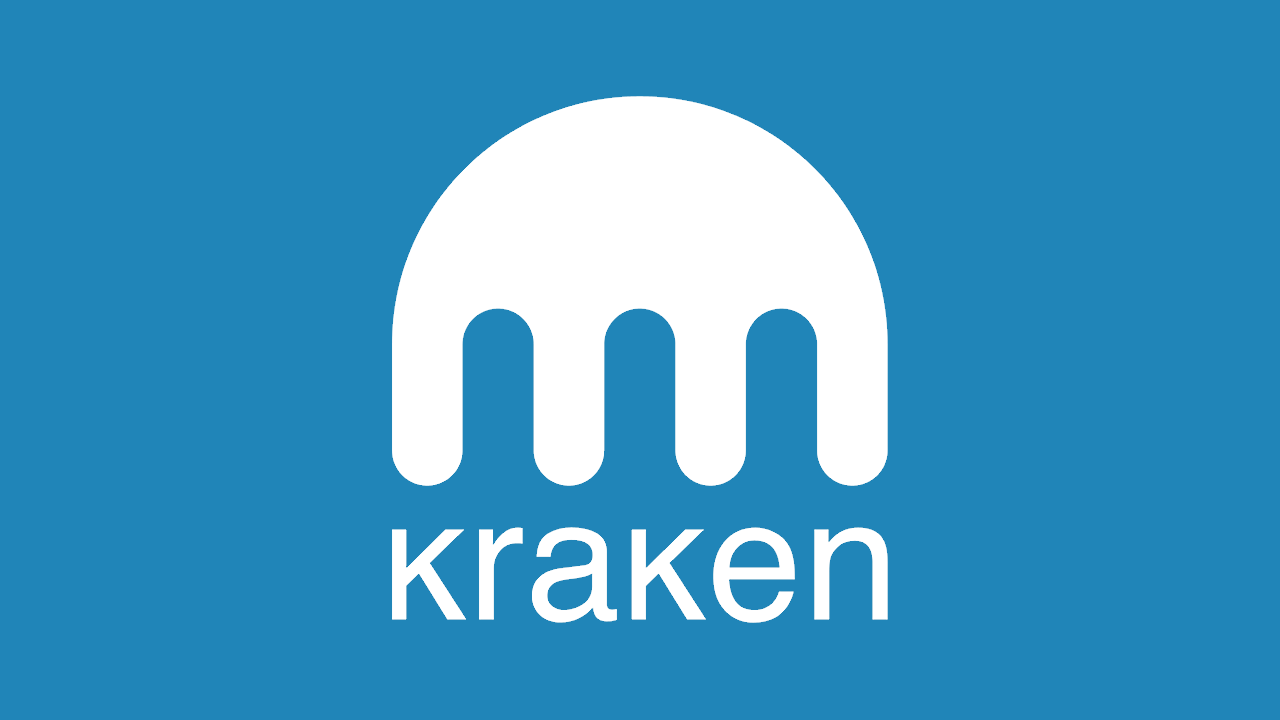Kraken Must Respond to SEC Charges Within 20 Days
24.08.2024 14:00 1 min. read Kosta Gushterov
U.S. District Judge William H. Orrick has ordered Kraken, the prominent cryptocurrency exchange, to respond to SEC charges of securities law violations within 20 days.
The Securities and Exchange Commission (SEC) alleges that Kraken operates as an unregistered securities exchange, offering digital assets that it deems to be investment contracts, thus falling under securities laws.
This is part of SEC Chairman Gary Gensler’s broader crackdown on crypto platforms that allegedly fail to comply with existing securities regulations.
Kraken argues that digital tokens should not be classified as securities and that the SEC has no authority to regulate them. However, the court’s decision to pursue the case indicates that Kraken could face a protracted legal battle. This comes at a particularly difficult time for the exchange, which is seeking financial backing for a potential initial public offering.
The case highlights the inconsistencies in legal decisions regarding digital assets. While some courts, such as the one in Manhattan, have ruled that certain tokens (e.g., XRP) are not securities when sold publicly, other cases, such as those involving Terraform Labs and Coinbase, have sided with the SEC.
-
1
U.S. Court Cracks Down on Early Crypto Fraud With Massive Fine
14.06.2025 10:00 1 min. read -
2
Shaquille O’Neal Agrees to $1.8M Settlement Over FTX Endorsement Lawsuit
15.06.2025 21:00 1 min. read -
3
Whale Accumulates Curve Tokens Amid Market Lull
16.06.2025 11:00 1 min. read -
4
Iran Limits Crypto Trading Hours After Politically Charged Hack on Nobitex
20.06.2025 11:00 1 min. read -
5
Crypto Investigator Links New Altcoin Project to $30M Scam
17.06.2025 18:00 1 min. read
Pennsylvania Man Sentenced to 8 Years for $40M Crypto Ponzi Scheme
The U.S. Department of Justice has sentenced Dwayne Golden, 57, of Pennsylvania to 97 months in prison for orchestrating a fraudulent crypto investment scheme that stole over $40 million from investors.
Crypto Theft Surges to $2.1B in 2025: State Actors Lead Historic Wave of Attacks
The first half of 2025 has become the most damaging six-month period in crypto history, with over $2.1 billion stolen across 75+ separate incidents, according to new data.
Crypto Users Targeted as Cointelegraph and CoinMarketCap Fall to Front-End Hacks
A new breed of cyber-attack is sweeping through crypto media, exploiting site pop-ups and wallet-connect prompts instead of smart-contract bugs.
CoinMarketCap Potentially Compromised in Ongoing Front-End Attack
CoinMarketCap, one of the most widely used crypto data tracking platforms, is reportedly facing a front-end security breach, with multiple users encountering a suspicious prompt to verify their wallets.
-
1
U.S. Court Cracks Down on Early Crypto Fraud With Massive Fine
14.06.2025 10:00 1 min. read -
2
Shaquille O’Neal Agrees to $1.8M Settlement Over FTX Endorsement Lawsuit
15.06.2025 21:00 1 min. read -
3
Whale Accumulates Curve Tokens Amid Market Lull
16.06.2025 11:00 1 min. read -
4
Iran Limits Crypto Trading Hours After Politically Charged Hack on Nobitex
20.06.2025 11:00 1 min. read -
5
Crypto Investigator Links New Altcoin Project to $30M Scam
17.06.2025 18:00 1 min. read


